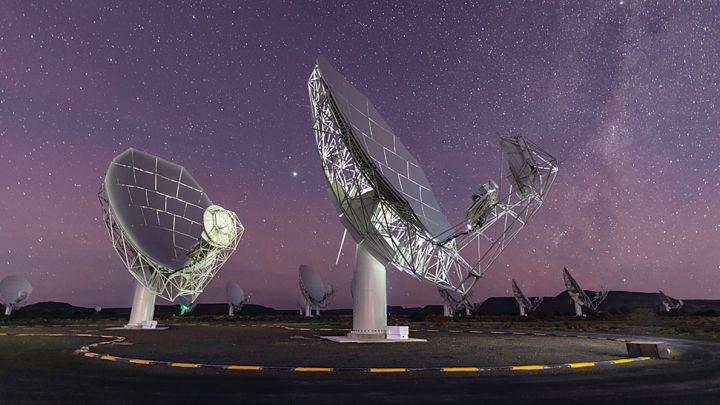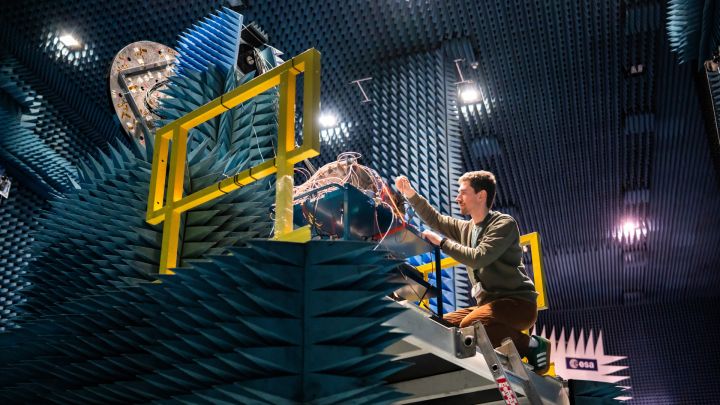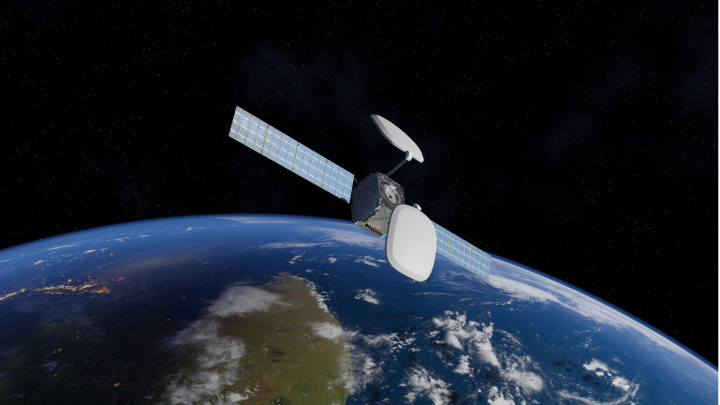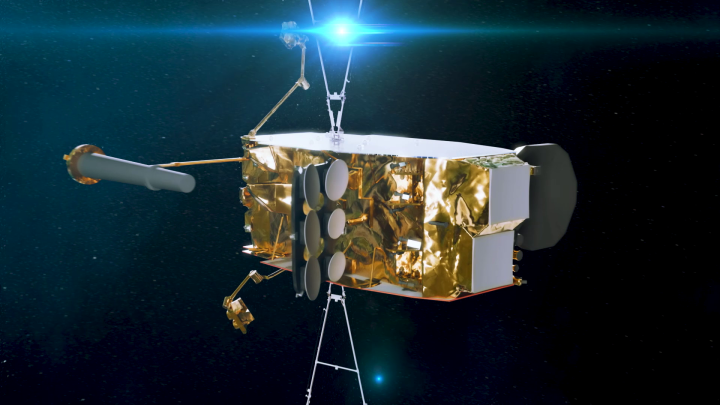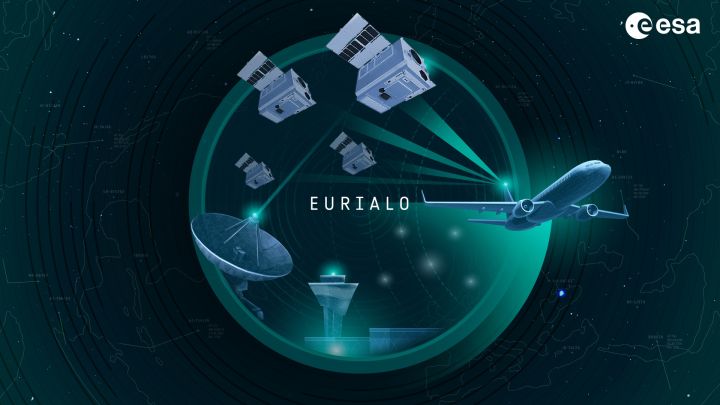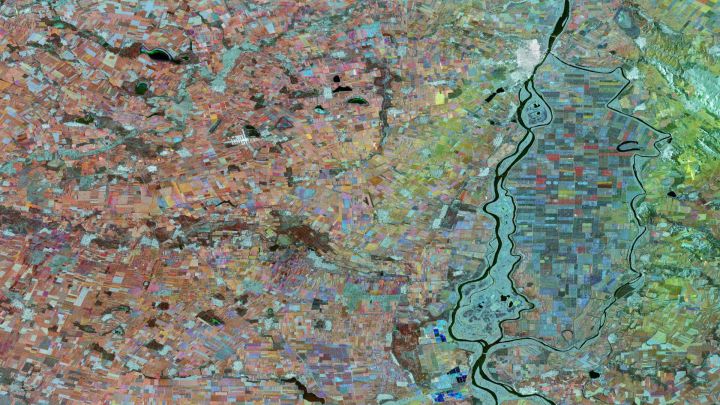News
Search for tags or text
ESA Space Economy – Partnering with the OECD to develop international best practices • Nov 2025
For the past ten years, the
European Space Agency, with several other space agencies, has been cooperating
with the Organisation for Economic Co-operation and Development (OECD), through
the work of the OECD
Space Forum.
The OECD Space Forum i...
Read more
ESA Space Economy – Partnering with Eurostat and the European Commission Joint Research Centre (JRC) to produce official statistics on the European space sector • Nov 2025
The evolution of the space economy is attracting more attention, increasing the demand for reliable and timely statistics. Yet, the measurement of the sector’s contribution to, notably, economic
growth and employment, remains a challenging exerci...
Read more
ESA Space Economy – Partnering with CERN to share best practices in measuring the impacts of large research infrastructures on society • Nov 2025
ESA Space Economy team has been
cooperating with the European Organisation for Nuclear Research (CERN) since
2019.
In June 2019, a first
ever workshop on the “Economics of Big Science” was held in Brussels during
the Future Circular Collid...
Read more
ESA Space Economy – Understanding data on the space sector’s economic value • Nov 2025
Published since more than a decade for ESA Member States' Delegations, ESA Report on the Space Economy is now released as a public version since the 2024 Edition. The 2025 Edition, published in March 2025 is available here. the 2026 Edition will be r...
Read more
ARTES benefits series – HummingSat, A Small Satellite with Big Ambitions • Nov 2025
The European Space Agency’s Advanced
Research in Telecommunications Systems (ARTES) programme helps turn innovative
concepts into commercial reality. One of its most notable recent successes is
HummingSat, a first-of-its-kind small and flexible ...
Read more
ARTES benefits series – MRC-SAT, Real-Time Satellite Capacity Allocation • Nov 2025
The European Space Agency’s
Advanced Research in Telecommunications Systems (ARTES) programme helps turn
innovative concepts into commercial reality. MRC-SAT is bringing a new level of
flexibility to satellite communications by enabling operator...
Read more
ARTES benefits series – Pacis 3, Advancing Secure Government Communications • Nov 2025
The European Space Agency’s
Advanced Research in Telecommunications Systems (ARTES) programme helps turn
innovative concepts into commercial reality with its Partnership Projects
focusing on developing new sustainable end-to-end systems, up to i...
Read more
ARTES benefits series – Hybrid Connex, Digital Ambulance of the Future • Nov 2025
The European Space Agency’s
Advanced Research in Telecommunications Systems (ARTES) programme helps turn
innovative concepts into commercial reality. Under ARTES Space for 5G/6G, Hybrid
Connex is delivering the UK’s first prototype “digital ...
Read more
ARTES benefits series – Eurialo, Global Real-Time Aircraft Tracking from Space • Nov 2025
The European Space Agency’s
Advanced Research in Telecommunications Systems (ARTES) programme helps turn
innovative concepts into commercial reality. Under ARTES Space Systems for
Safety & Security (4S), Eurialo is developing a satellite-bas...
Read more
ESA Space Benefits for Earth Brochure 2025 • Oct 2025
Space infrastructure and its applications play
a crucial role in supporting Europe in overcoming the challenges it faces. Continuous
public investment in space will remain essential to ensure sustainability and
to prevent the loss of R&D capab...
Read more
FutureEO benefits series – Empowering farmers, policymakers, and researchers in transforming agriculture • Oct 2025
Launched over 25 years ago, the FutureEO programme is at the
core of the ESA Earth Observation activities. It pushes boundaries of Earth
observation, delivering excellence in science, technology innovation, preparing
for new operational missions a...
Read more
FutureEO benefits series – Monitoring Earth’s frozen frontiers in a changing climate • Oct 2025
Launched over 25 years ago, the FutureEO programme is at the
core of the ESA Earth Observation activities. It pushes boundaries of Earth
observation, delivering excellence in science, technology innovation, preparing
for new operational missions a...
Read more
Results shown: 12 of 203
Most Common Tags
#OECD Partnership #Eurostat Partnership #CERN Partnership #Space sector trends #Impacts
Create your account
Click the button below to access restricted area and download the latest Space Economy documents.
Create account


